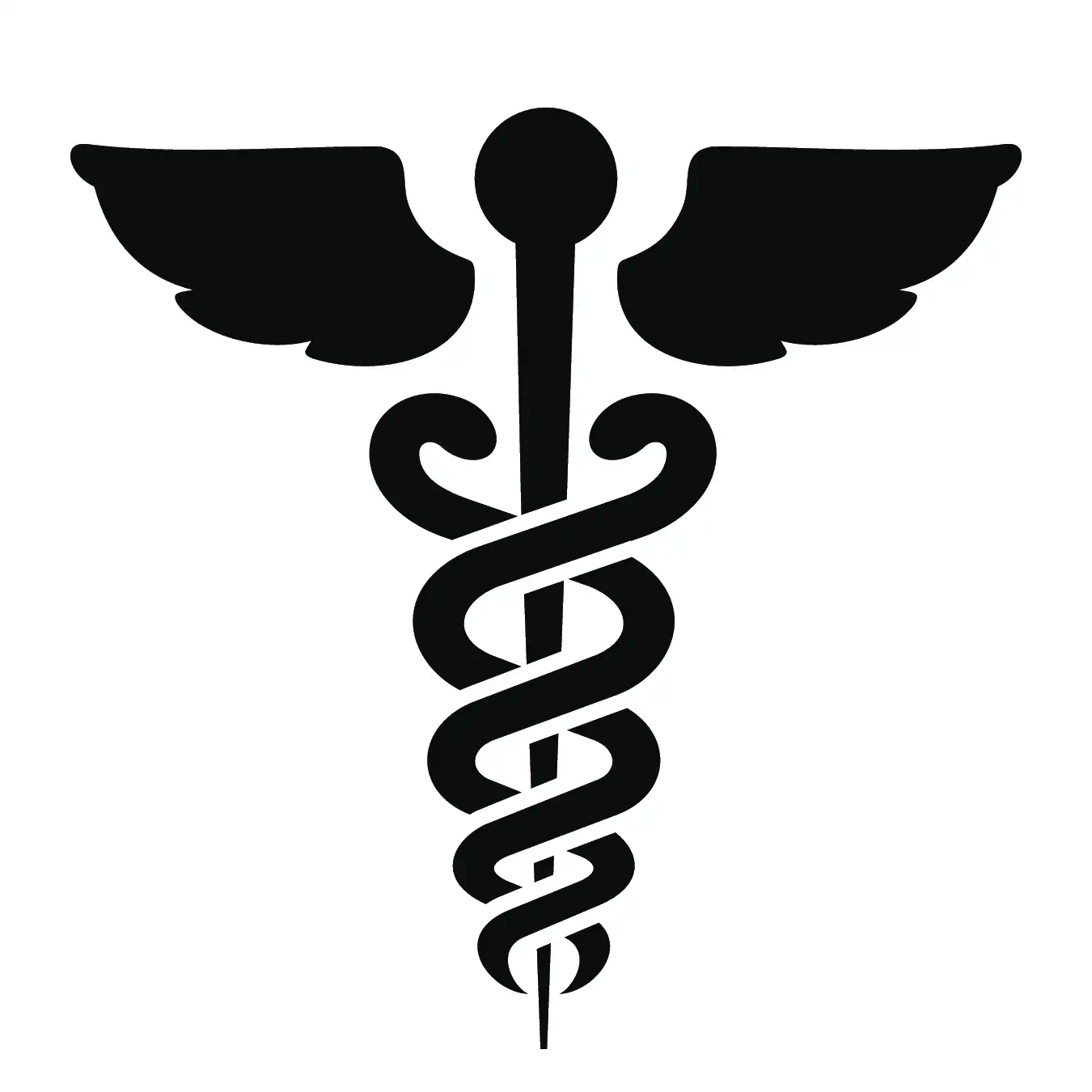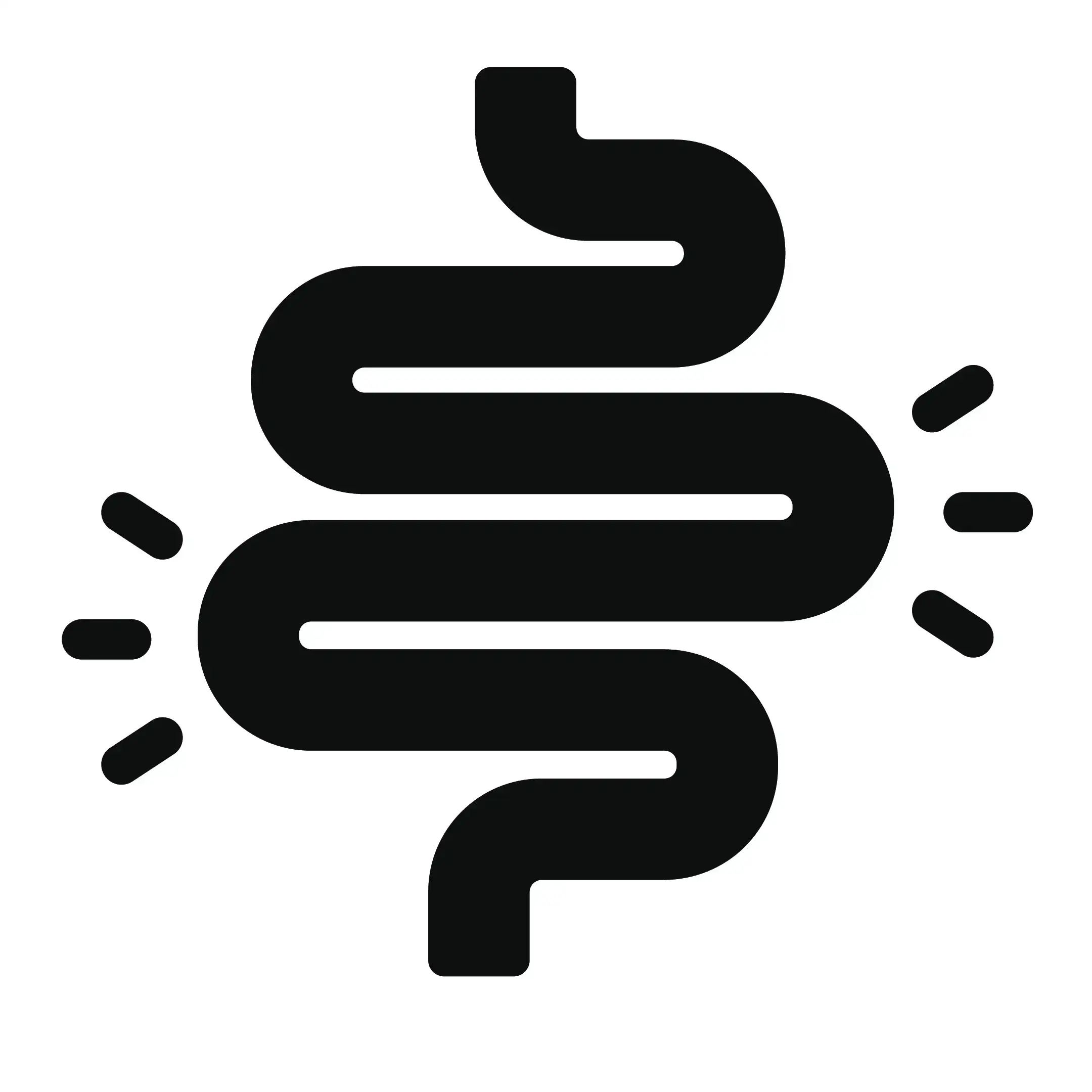What Are Digestive Motility Disorders?
 Digestive motility disorders occur on their own or in connection with underlying multi-systemic conditions or a condition like small fiber neuropathy. These disorders occur when the nerves and muscles of the intestinal tract no longer function in harmony. Uncoordinated movement of the bowels leads to slowed, irregular, or impaired movement of food and waste. Symptoms depend on which part(s) of the intestines are involved.
Digestive motility disorders occur on their own or in connection with underlying multi-systemic conditions or a condition like small fiber neuropathy. These disorders occur when the nerves and muscles of the intestinal tract no longer function in harmony. Uncoordinated movement of the bowels leads to slowed, irregular, or impaired movement of food and waste. Symptoms depend on which part(s) of the intestines are involved.
Common symptoms of motility disorders include:
- Bloating and excessive gas
- Abdominal pain or cramping
- Diarrhea, constipation, or alternating both
- Reflux and difficulty swallowing
- Feeling full quickly after eating
- Nausea and vomiting
At EverBetter Medicine, we take a comprehensive approach to diagnosing and treating motility disorders. Our goal is not just to manage symptoms, but to uncover the root causes and help restore balance to your digestive system.

Digestive motility disorders occur on their own or in connection with underlying multi-systemic conditions or a condition like small fiber neuropathy. These disorders occur when the nerves and muscles of the intestinal tract no longer function in harmony. Uncoordinated movement of the bowels leads to slowed, irregular, or impaired movement of food and waste.
Symptoms depend on which part(s) of the intestines are involved. Common symptoms of motility disorders include:
- Bloating and excessive gas
- Abdominal pain or cramping
- Diarrhea, constipation, or alternating both
- Reflux and difficulty swallowing
- Feeling full quickly after eating
- Nausea and vomiting
At EverBetter Medicine, we take a comprehensive approach to diagnosing and treating motility disorders. Our goal is not just to manage symptoms, but to uncover the root causes and help restore balance to your digestive system.
Motility Disorders We Treat
Some of the motility disorders we treat include:
- Achalasia: A condition where the esophageal body is uncoordinated, and the lower esophageal sphincter does not open to allow food to leave the esophagus.
- Gastroparesis: A condition whereby the stomach empties too slowly, which can cause symptoms of nausea and early satiety (becoming full too early).
- Rapid Gastric Emptying (Dumping Syndrome): This condition affects patients with dysmotility or those who have had prior abdominal surgeries. It occurs when the stomach empties contents too rapidly (or “dumps”) into the small intestines.
- Small Bowel Dysmotility: This disorder occurs when the patient’s small intestine (the 15 – 20 feet of bowel between the stomach and colon) either moves too slowly or too quickly. Patients can experience bloating, early satiety, abdominal discomfort, diarrhea, or constipation.
- Slow Transit Constipation: Characterized by a colon that moves too slowly or irregularly. Patients often experience challenges treating constipation that may be unresponsive to over-the-counter laxatives.
- Pelvic Floor Dysfunction: A term that describes disorders of the muscles that control bowel movements, resulting in either constipation or incomplete evacuation.
- Chronic Intestinal Pseudo-obstruction: A rare condition where all signs point to blocked intestines, but no mechanical obstruction is present.
- Esophageal Motility Disorders: These include distal esophageal spasm and ineffective esophageal motility, which may cause difficulty swallowing, chest pain, or regurgitation.
A Personalized Approach
Because motility disorders vary widely from person to person based on which part of the digestive tract is affected, we believe treatment must be individualized. Our approach includes the following:
- Medication tailored to your specific physiology while limiting side effects
- Dietary guidance to optimize your digestive health
- Addressing stress, anxiety, and mental health to align the brain-gut connection
With the right strategy for you, we can help you take control of your digestive health.










